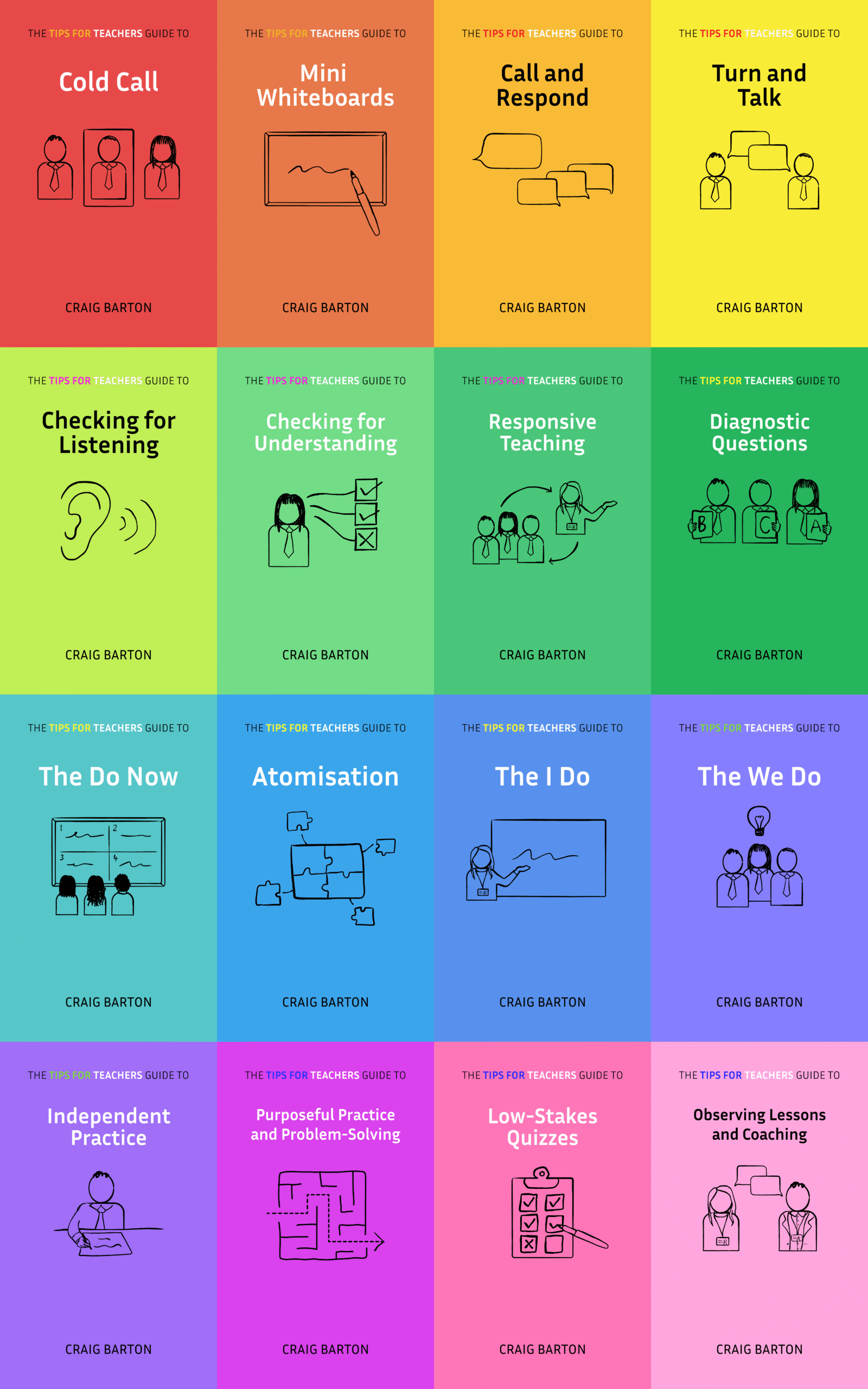
- Title: Cognitive endurance as human capital
- Authors: Brown et al
- Access the original paper here
- Listen to a deep-dive podcast:
Paper summary
This NBER working paper investigates the impact of sustained cognitive activity on cognitive endurance and academic performance. The authors conduct a field experiment with Indian primary school students, randomly assigning them to either sustained cognitive practice (using math problems or non-academic games) or a control group. The study finds that both types of cognitive practice significantly improve cognitive endurance, as measured by reduced performance decline over time on various tests, and increase attentiveness in the classroom and school performance. These effects are partially sustained even after a long break, and are complemented by quasi-experimental evidence showing that additional schooling improves cognitive endurance primarily in higher-quality schools. The paper concludes by exploring the broader implications of cognitive endurance for adult outcomes.
What are the key implications for teachers in the classroom?
The sources suggest several key implications for teachers in the classroom, particularly regarding the development of cognitive endurance in students:
Recognize the broader relevance of cognitive endurance: The research indicates that cognitive endurance is important beyond academics, impacting the performance of adults in different contexts. This suggests the importance of nurturing this skill in students from a young age.
Prioritize sustained cognitive engagement: The study emphasizes that engaging students in effortful thinking for continuous stretches of time can improve their cognitive endurance. Teachers should consider incorporating activities that require sustained concentration, such as in-class exercises, reading assignments, and problem-solving tasks, as a regular part of their teaching.
Recognize and address cognitive fatigue: Teachers should be aware that students’ performance may decline over time due to cognitive fatigue, especially in longer tasks or tests. The sources show that disadvantaged students experience cognitive fatigue more quickly than their more advantaged peers. Teachers can implement strategies to mitigate fatigue, such as incorporating short breaks or varying the types of activities.
Incorporate both academic and non-academic cognitive activities: The research indicates that cognitive endurance can be improved through various types of effortful thinking, not just academic work. Teachers can use both math problems and non-academic games like mazes or tangrams to improve students’ ability to sustain their attention and cognitive effort.
Foster independent practice: The sources suggest that students who spend more time in focused independent practice during the school day exhibit less steep performance declines. Teachers can incorporate independent work time into their lessons to help students develop the capacity for effortful thinking.
Be aware of the impact of school quality: The study shows that the positive impacts of schooling on cognitive endurance are concentrated in better quality schools, and those that assign more independent practice in class. It is important to ensure that schools provide sufficient opportunities for students to engage in focused, independent cognitive work.
Consider the format of assessments: Test scores may not only reflect content knowledge, and longer tests may especially disadvantage lower-income populations due to cognitive fatigue. This suggests that the format of assessments, including their length, could influence outcomes and potentially disadvantage some students.
Create an environment that supports attention: Classrooms with frequent disruptions make it difficult for students to focus. Reducing environmental distractions and creating a calm environment can help students engage in effortful thinking and improve their cognitive endurance.
Quote
This indicates that the experience of effortful thinking itself—even when devoid of any subject content—increases the ability to accumulate traditional human capital








